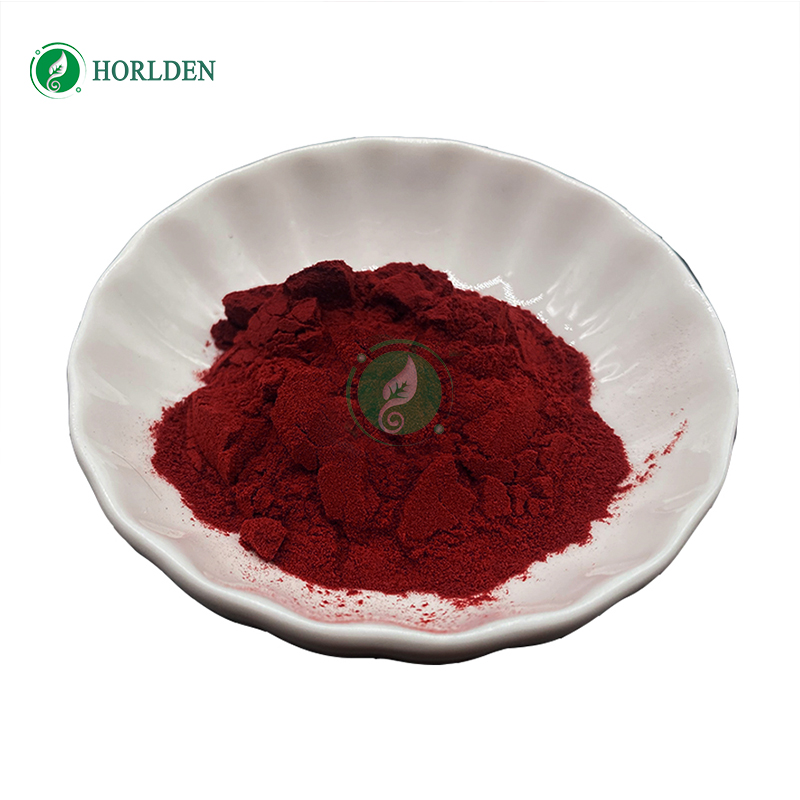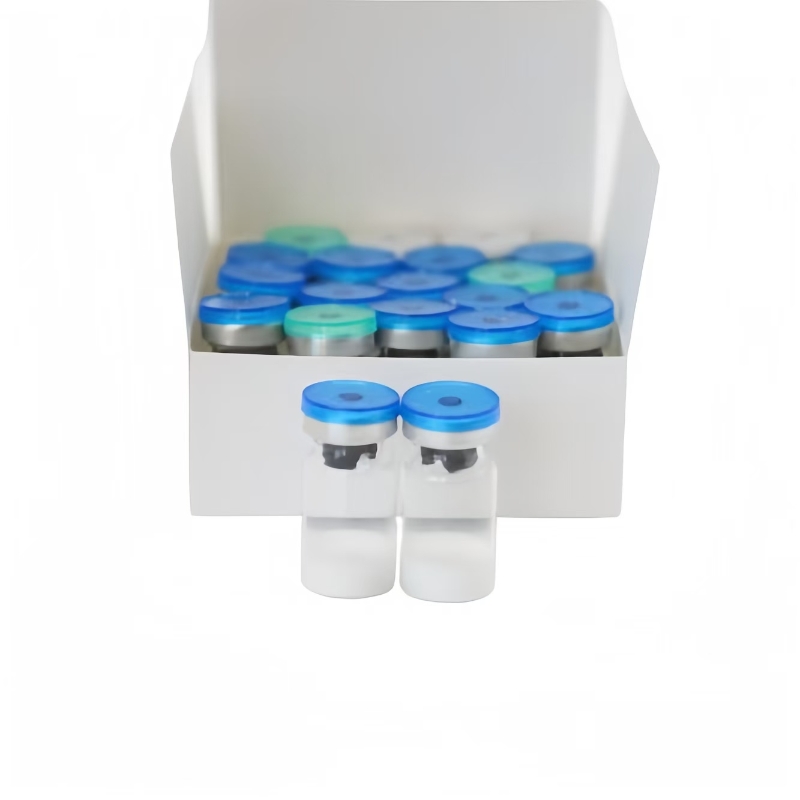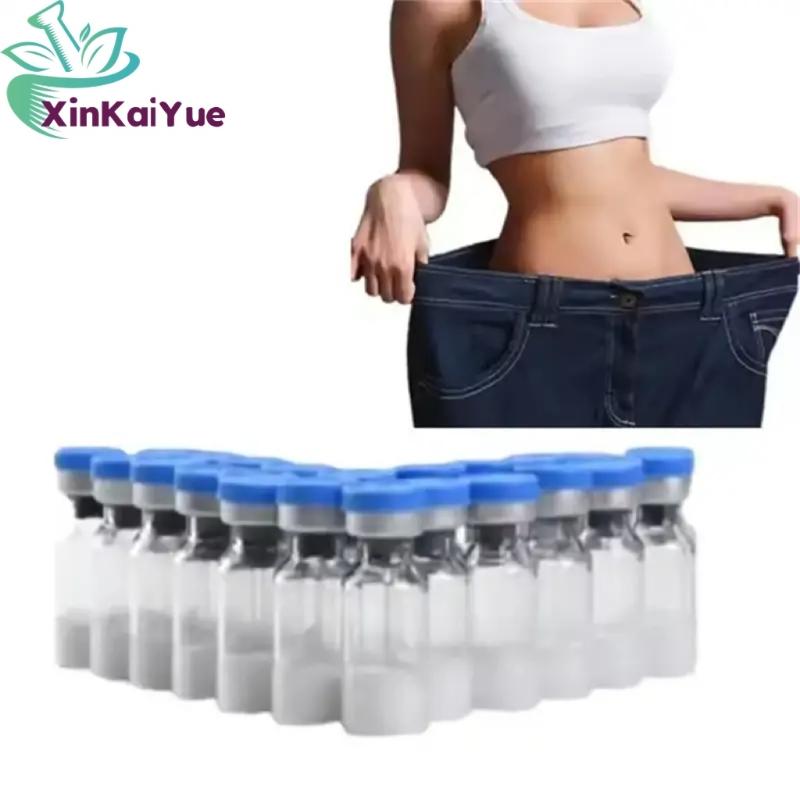-
Categories
-
Pharmaceutical Intermediates
-
Active Pharmaceutical Ingredients
-
Food Additives
- Industrial Coatings
- Agrochemicals
- Dyes and Pigments
- Surfactant
- Flavors and Fragrances
- Chemical Reagents
- Catalyst and Auxiliary
- Natural Products
- Inorganic Chemistry
-
Organic Chemistry
-
Biochemical Engineering
- Analytical Chemistry
-
Cosmetic Ingredient
- Water Treatment Chemical
-
Pharmaceutical Intermediates
Promotion
ECHEMI Mall
Wholesale
Weekly Price
Exhibition
News
-
Trade Service
Recently, the author found a piece of information on "drug clinical trial registration and information publicity platform", as follows: the first publicity date of this information is November 17, 2017, and more detailed information is as follows: The drug is a recombinant humanized anti PCSK9 monoclonal antibody (Code: js002) independently developed by Jushi biology It was just approved by CFDA in July (approval No.: 2017l04295) It is the first PCSK9 monoclonal antibody in phase I clinical in China Mechanism of action of the most popular lipid-lowering target drug: in normal human body, LDL-R combines with LDL-C to form a complex, which is swallowed into hepatocytes by grid cells, then LDL-R and LDL-C dissociate and return to the surface of hepatocytes PCSK9 can competitively bind LDL-R on the surface of hepatocytes with LDL-C the catalytic domain of PCSK9 can interact with epidermal growth factor A (EGF-A) of LDL-R to form complex PCSK9 / LDL-R complex enters hepatocytes to degrade LDL-R and prevents LDL-R from recycling to the surface of hepatocyte membrane, so LDL-C cannot be degraded by liver When the viscera is cleared, the LDL-C level in the blood increases, which leads to hypercholesterolemia and increases the risk of coronary heart disease Unlike statins and ezemeb, PCSK9 inhibitors reduce LDL-C levels in the blood by reducing LDL-R recovery Main advantages: PCSK9 inhibitor is the most popular lipid-lowering target drug after statins At present, there are several kinds of lipid-lowering drugs, such as statins, ezetimibe and PCSK9 inhibitors Statins with the highest market share can reduce cholesterol by about 40-60%, while ezetimibe can reduce cholesterol by about 15-20% PCSK9 inhibitors have the same cholesterol capacity as statins, and can also reduce cholesterol by about 40-60% A few carry PCSK9 In patients with two copy variation, LDL levels were reduced to 14 mg / dl In addition, PCSK9 inhibitor can also inhibit NF KB channel, thus reducing the risk of acute coronary syndrome such as thrombosis, inflammation, activation of vascular endothelial cells At the same time, the drug is not metabolized by the liver and has few drug interactions It can be used as an alternative therapy for patients with statins or 10-15% of patients with dyslipidemia who are intolerant due to race, adverse reactions, drug drug drug interactions and other factors The specific types of PCSK9 inhibitors, statins and ezymab targets: PCSK9 inhibitors include monoclonal antibodies, antisense oligonucleotides, interference microRNA drugs, mimic antibody protein drugs and small molecule inhibitors At present, monoclonal antibodies are the most mature PCSK9 inhibitors, but the development of small molecule inhibitors is difficult There are only two PCSK9 inhibitors available in the world Up to now, there are only two PCSK9 inhibitors on the market in the world The two PCSK9 inhibitors are alirocumab (commercial name is praluent) and evolocumab (commercial name is repatha) Alirocumab is a kind of all human IgG1 monoclonal antibody, while evolocumab is a kind of all human IgG2 monoclonal antibody The details are as follows: PCSK9 inhibitors have not been listed in China At present, PCSK9 inhibitors developed by domestic manufacturers mainly include monoclonal antibodies and small molecule inhibitors In terms of monoclonal antibodies, the progress of PCSK9 inhibitors is the fastest, which has entered phase I clinical; in terms of small molecule inhibitors, the progress of siweier is the fastest, which has also entered phase I clinical The following table is a few of PCSK9 inhibitors (incomplete statistics) that the author thinks are most worthy of attention in China The first public announcement of the first phase I clinical trial of siweier was on May 17, 2017, and the current status is "in progress, recruitment completed" The specific information is as follows: in addition, evolcumab (amg145) of amjin has carried out two clinical studies in China, and the specific information is as follows: the market scale is huge According to the CMH data monitoring of Zhongkang, the sales volume of lipid regulating drugs in China reached 21.165 billion yuan in 2016, an increase of 14.2% compared with 2015, and the compound growth rate from 2013 to 2016 was 14.6% Statins are the main drugs for regulating blood lipid, accounting for more than 80% of the total market share
Although statins are the most effective treatment drugs to prevent cardiovascular events, some patients still have additional treatment needs Some high-risk cardiovascular patients who have received the maximum dose of statins still have a high risk of cardiovascular disease, and there is still a huge unmet demand for dyslipidemia Therefore, the market potential of PCSK9 inhibitors is huge, but there is a price to pay for PCSK9 inhibitors The big disadvantage of higher is 350 times the annual cost of statins, so the annual sales volume is not high It remains to be seen whether Junshi can catch up with siwei'er and become the first domestic PCSK9 inhibitor on the market.







